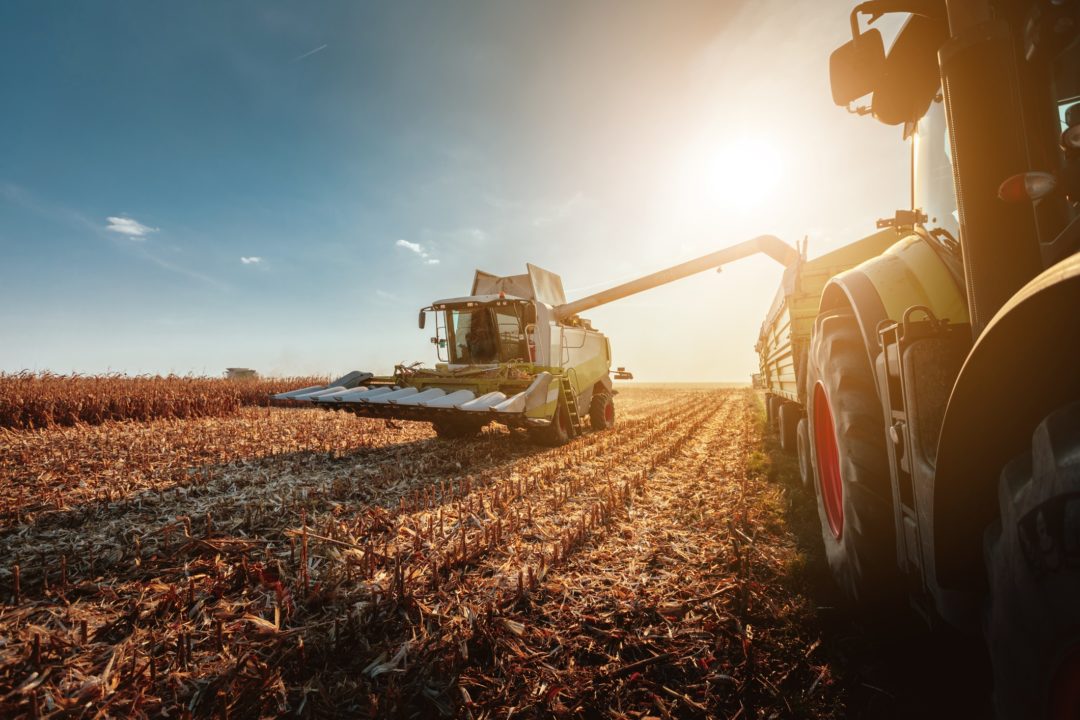
Study: Midwestern Farmers Particularly Vulnerable to Climate Change

The study, led by Ariel Ortiz-Bobea and titledGrowing climatic sensitivity of U.S. agriculture linked to technological change and regional specialization, was published inScience Advancesin December. In the Midwest, according to the study, rain-fed field crops like corn and soybeans are increasingly vulnerable to warmer summers, which are, in turn, occurring on an increasingly frequent basis.
A contributing factor, Ortiz-Bobea explained in the article, is that crops in the Midwest are increasingly specialized, with soybeans and corn accounting for more of the agriculture today than 40 years ago. "That has implications for the resilience to climate of that region," Ortiz-Bobea was quoted as saying, "because they’re basically putting all their eggs in one basket, and that basket is getting more sensitive.”
For more on the study, including why farmers in the west, southwest, and southern plains are more resistant to climate change, read thefull article by David Nutt.

The editorial team at WholeFoods Magazine has decades of experiences reporting on natural products industry news, trends, and more. This national, monthly business-to-business magazine has been published continuously for nearly 40 years (the magazine was founded in 1977, and has been owned by Wainer Finest Communications since 1984). It is the longest-tenured media outlet of its kind in the natural products industry. The editorial focus at WholeFoods Magazine is, and always has been, on informing and educating members of the natural products industry.
The Magazine
Information
About Us
NOTE: WholeFoods Magazine is a business-to-business publication. Information on this site should not be considered medical advice or a way to diagnose or treat any disease or illness. Always seek the advice of a medical professional before making lifestyle changes, including taking a dietary supplement. The opinions expressed by contributors and experts quoted in articles are not necessarily those of the publisher or editors of WholeFoods.







